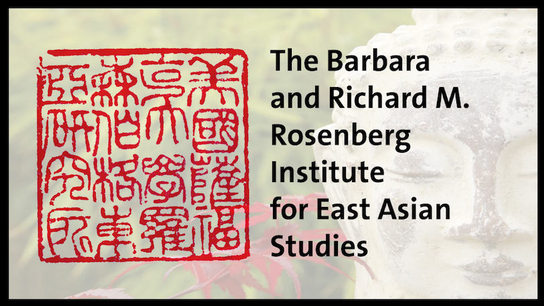
Rosenberg Institute Scholars
Files
Download Full Text (269 KB)
Collection Number
Rosenberg Institute Scholar Research Paper, 2020-2021, No. 1
Description
Strategic competition between the United States and China had been deteriorating much earlier than the Covid-19 outbreak in 2020.1 However, in the past, despite intense political rivalry and geostrategic competition, policy communities and societies in the two countries have maintained active and robust engagement and dialogues. Much of the dialogues focused on complaints against each other’s behavior and intentions. Nonetheless, such dialogues kept information and concerns flowing between the rival powers. Concerned third-party actors often play stabilizing roles by communicating potential fragilities between Washington and Beijing. In short, pre-Covid-19, strategic rivalry between China and the U.S. was intense, but it was moderated by policy actors and societal openness. Covid-19 has severely challenged the geopolitical environment surrounding China and the United States. Both countries experienced the worst public health and economic crisis in a long time. However, termination in international travels and policy exchanges between China and the U.S. have further intensified the bilateral rivalry and made global cooperation hopelessly difficult to attain, at a time when such cooperation was most needed. In the United States, moderate groups whose work depends on bilateral travel and exchange have been marginalized, and common narratives on China are taken over by more extreme views. On the one extreme, the views emphasize China’s triumphalism — seeking to lead globalization toward Chinese interest and values. On the other extreme, the views stress China’s potential implosion — the Communist rule on the verge of internal explosion due to social-economic challenges from the pandemic. In the context of extreme views, real voices and the actions of China’s policy communities during its Covid-19 cycle have been understudied and discounted, with damaging effects on the U.S. response to the virus, to economic recession, and, ultimately, to future trends in globalization.
Publication Date
6-28-2020
Publisher
Rosenberg Institute for East Asian Studies at Suffolk University
City
Boston
Keywords
US-China, China, Pandemic, competition at crossroads
Disciplines
Asian American Studies | Asian Studies
Recommended Citation
Ye, Min, ""U.S.-China Competition in the post-Covid-19 World: Globalization at a Cross-roads"" (2020). Rosenberg Institute Scholars. 1.
https://dc.suffolk.edu/rifellows/1
Creative Commons License

This work is licensed under a Creative Commons Attribution-NonCommercial-Share Alike 4.0 International License.

